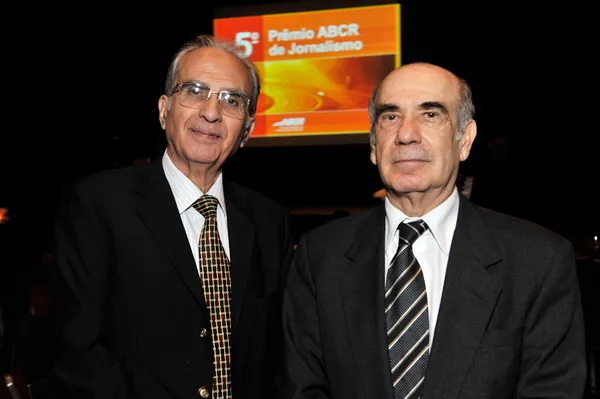Morocco continues to invest in improving its transport network, which is seen as providing a major boost to the country's growing economy.
February 29, 2012
Read time: 1 min
Morocco continues to invest in improving its transport network, which is seen as providing a major boost to the country's growing economy. The country has quadrupled its transport infrastructure investments in the last 10 years and will continue with this strategy. Some US$15.17 billion is being budgeted for transport investment between 2008 and 2012. The 3353 Moroccan Ministry of Equipment and Transport has defined its transport strategies with the Emergence Plan, which encompasses major infrastructure projects such as the new highway network and the Tanger-Med Port complex.






